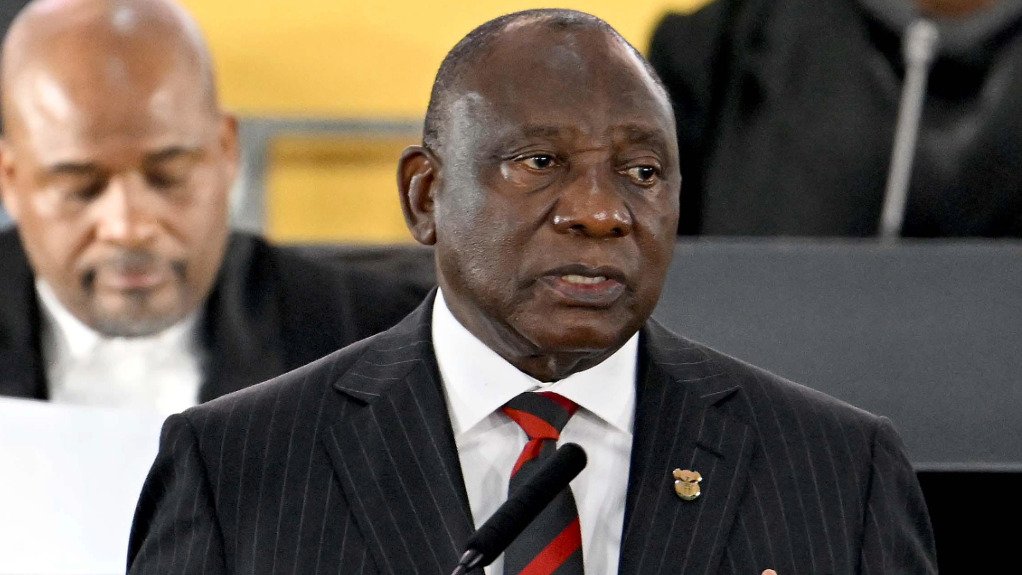The State-owned Enterprises (SOEs) that were previously under the stewardship of the Department of Public Enterprises (DPE) will report to their respective line departments in terms of policy and regulatory matters, President Cyril Ramaphosa told lawmakers on Wednesday.
Replying to the debate on the Presidency’s Budget Vote, Ramaphosa acknowledged questions raised by Members of Parliament about the future SOE ownership model in light of his decision to dissolve the DPE.
The decision raised the potential for moral hazard between policy making and governance given that the Ministry of Public Enterprises had hitherto acted as shareholder representative at Eskom, Transnet, Denel, South African Airways, Safcol and Alexkor with the goal of reducing likely conflicts of interest at the line departments.
“As I indicated in the Opening of Parliament Address, we are introducing legislation to establish a State-owned holding company to oversee and coordinate key strategic SOEs.
“The legislation will assign the functions of the Holding Company (Holdco), which will cover issues of governance, financial management, remuneration standards and similar matters.
“This is in line with global best practice and is the approach taken by many countries with SOEs that successfully fulfil a social and economic development mandate.”
He also announced that the Department of Planning, Monitoring and Evaluation (DPME) had been assigned the responsibility to finalise the processes towards the establishment of the Holdco.
“It will establish a dedicated SOE Reform Unit with the appropriate expertise to oversee this work.”
In an earlier Budget Vote speech, Minister in the Presidency Maropene Ramokgopa, who leads the DPME, urged lawmakers to support the timeous processing of the National State Enterprises Bill, which includes far-reaching changes to the shareholder management model.
Ramokgopa used the platform of the Budget Vote to espouse the benefits of a centralised shareholder management model, which she argued had the following advantages:
- a clear delineation of the policymaking, shareholding, and regulatory roles by the State in governing SOEs;
- greater coherence and consistency in the application of corporate governance standards across all SOEs; and
- greater transparency and accountability for SOE operations, by enabling uniform oversight and performance monitoring.
She also used the address to dismiss persistent arguments that the new model and the dissolving of the Public Enterprises Ministry were designed to facilitate privatisation.
EMAIL THIS ARTICLE SAVE THIS ARTICLE ARTICLE ENQUIRY
To subscribe email subscriptions@creamermedia.co.za or click here
To advertise email advertising@creamermedia.co.za or click here











